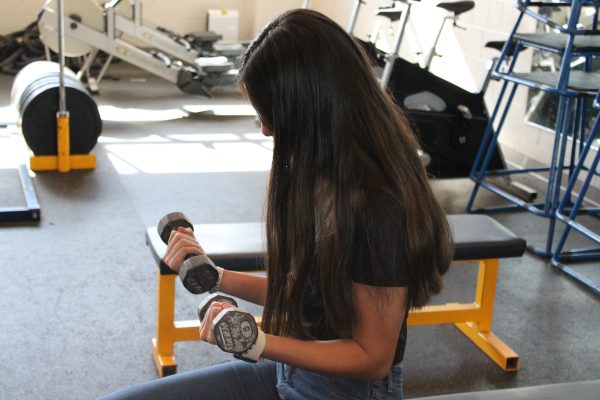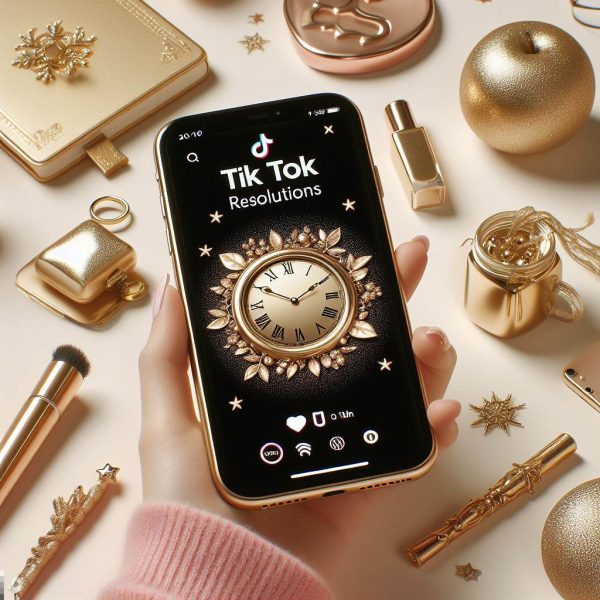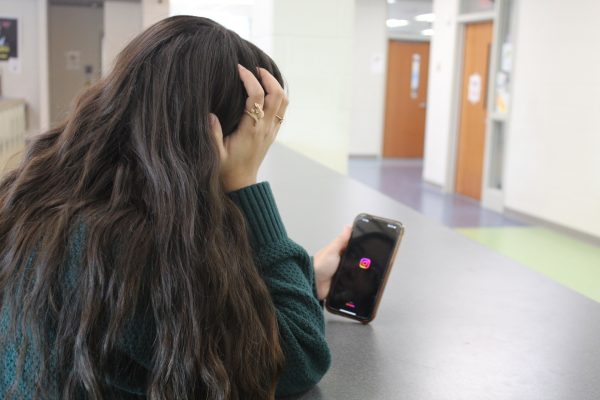This Year I Will…
Many people find making New Year’s resolutions a waste of time. Not so for our Flucos. Some students have already made either a small list of goals they want to achieve, or one major goal they really want to work on.
“My New Year’s resolution is to start exercising more and eating healthier,” said sophomore Lauren Scanga. In fact (probably thanks to pigging out over Christmas and New Year’s), resolutions to eat better and lose weight are among the most common (for the top 10 healthiest New Year’s resolutions, click here).
Then there are those who make “fun” resolutions. Sophomore Faith Bourne is making it her New Year’s resolution to hunt even more than all the previous years she has hunted. “[Hunting] is not a passion, it’s an obsession,” she said. “I want to watch all eight Harry Potter movies in a row,” said sophomore Schuyler Williams.
Meanwhile, some students, like sophomore Loryn Davis, prefer to just joke about making resolutions. “I’ve always wanted to learn how to read. I never have, so I guess I need to learn,” she said.
But how likely are people to actually keep their resolutions past January 1? “What resolution am I going to go for this year? Hmm . . . eat healthier? Right. Junk food!” said sophomore Hannah Jones. Check out the surprising statistics (see Fast Facts box) and this YouTube video.
So what can you do to help make your resolutions stick? The reasoning behind most failed New Year’s resolutions is because your brain can’t handle it. So many people chooseeither more than one resolution or take giant steps trying to complete their goals. But all that does is overload your brain with extra numbers and information that it can’t handle. Choose only one resolution and take baby steps toward completing it. Hold yourself to that goal and think positive thoughts. Following these basic rules will help you avoid being a “resolution breaker.”


































